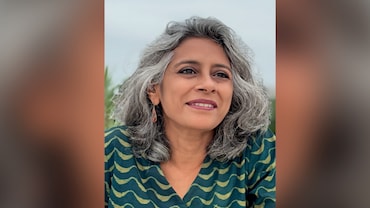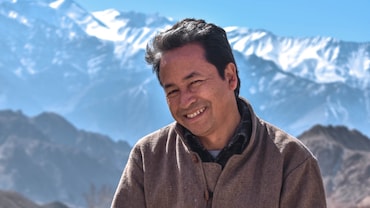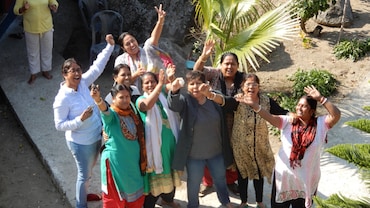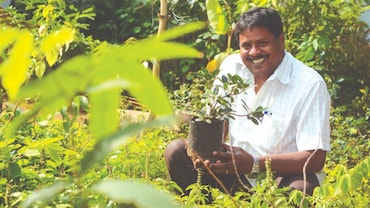- HOME
- /
- Features
- /
- Personalities
- /
The Life And Death Of Ram Prasad Bismil, The Revolutionary Who Shook The British Empire
He led a short life, but left a permanent mark on India's freedom struggle
 Ram Prasad Bismil. Photo: Wikimedia Commons
Ram Prasad Bismil. Photo: Wikimedia Commons
One of the greatest leaders of the violent revolt against British rule in India, Ram Prasad Bismil was one of the masterminds behind the audacious train robbery in Kakori, Uttar Pradesh, in 1925. His friendship with Ashfaqullah Khan, a fellow revolutionary, is cited as a great example of communal amity during the freedom struggle.
Here, we look at Bismil’s life and death:
1. Bismil was in class 7 when his father, Murlidhar, put him in touch with a maulvi who taught him Urdu. Bismil loved the language so much that he started reading Urdu novels.
2. At a very young age, he was introduced to the Arya Samaj. He was so influenced by it that he vowed to remain celibate all his life—and he did.
3. Since Bismil was deeply influenced by the nationalist movement, he joined a revolutionary group led by Pandit Genda Lal Dixit. He was only 19 then.
4. The death sentence to Bhai Parmanand, a revolutionary, had a deep impact on him and he decided to dedicate his life to the elimination of the British rule in India. Parmanand’s death sentence was later commuted.
5. Bismil was in college when he met Ashfaqullah Khan, who was also from Shahjahanpur. They became friends for life and organized anti-British activities. In his book that Bismil wrote in jail, he speaks of Khan: “You became my brother in a few days but you were not content to remain in the position of a brother. You wanted equality and to be my friend. You succeeded in your efforts. You became my honoured and loved friend.”
6. After Mahatma Gandhi withdrew the Non-Cooperation Movement in 1922 following the Chauri Chaura incident, in which many policemen were killed, Bismil and many other revolutionaries were sorely disappointed. They decided to oppose the British in their own way. With the help of his fellow revolutionaries, Bismil started The Hindustan Republican Association, a revolutionary group.
7. The Association’s manifesto was named Krantikari. Released in 1925, it promised equal rights to everyone and to put an end to discrimination.
8. Bismil immortalized the poem 'Sarfaroshi ki tamanna ab hamare dil mein hai, dekhna hai zor kitna baazu-e-qatil mein hai'. It was originally written by Bismil Azimabadi, an Urdu poet from Patna in 1921. Bismil along with his friends, Ashfaqullah Khan, Roshan Singh and others, penned the song 'Mera rang de basanti chola' when they were lodged in the jail in 1927.
9. As it was difficult to fund their revolutionary activities, Bismil planned to carry out a robbery. After months of planning, he and other revolutionaries, including Chandrasekhar Azad and Ashfaqullah Khan, zeroed in on a train that used to carry money collected from various railway stations. On 9 August 1925, they stopped the train in Kakori, 16 kilometres from Lucknow and looted the money.
10. Bismil was ultimately betrayed by two of his associates. Along with Ashfaqullah, he went on trial while Azad remained out of reach. Bismil, Ashfaqullah Khan, Rajendra Lahiri and Roshan Singh were sentenced to death in the Kakori case.
11. He went on to write a book called Kakori Ke Shaheed in jail, completing it just days before his death. Ram Prasad Bismil was hanged in the Gorakhpur Jail on 19 December 1927. He was only 30 years old.






